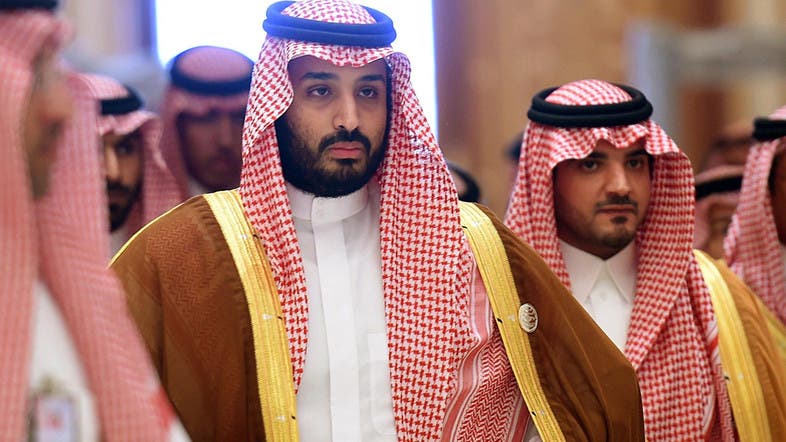
- Story Highlight: Mohammed bin Salman launches military alliance some fear will deepen regional rifts
- 40 Muslim countries gathered Sunday in the first meeting of an Islamic counter-terrorism alliance.
November 27, 2017: Saudi Arabia’s crown prince has pledged to rid the world of Islamist terrorism as he launched a military alliance that critics fear will deepen rifts between the kingdom and its arch-rival Iran.
Mohammed bin Salman, the architect of an increasingly assertive regional policy, said on Sunday the new Islamic coalition signalled greater military, political and financial co-operation against terrorism after years of poor co-ordination among Muslim states.
“Today we began tracking down terrorism and we see its defeat in many countries of the world, especially in Islamic countries,” Prince Mohammed told an inaugural meeting of coalition defence ministers in Riyadh. “We will pursue it until it disappears completely from the surface of the earth.”
Prince Mohammed has vowed to restore moderate Islam in the kingdom, where puritanical strains of the faith that encouraged violence have been promoted for decades. The launch of the alliance follows Friday’s jihadist attack on a mosque in Egypt that left more than 300 people dead.
“The greatest danger of extremist terrorism is in distorting the reputation of our tolerant religion,” the prince said.
The new alliance of Sunni states comes amid rising tensions in the cold war pitting Sunni Saudi Arabia against Shia Iran, where both sides accuse the other of fostering terrorism in the Middle East and beyond.
Saudi Arabia and its allies claim Iran is seeking regional hegemony, interfering in Arab states such as Iraq, Syria, Lebanon and Yemen.
Prince Mohammed has in recent weeks intensified his rhetoric against the Islamic republic and is at the forefront of a broader campaign against political Islam in the region. The 41-member coalition’s solidarity was fractured by the absence of Qatar, the Gulf state embargoed by the kingdom and its allies since June amid allegations that it has fostered terrorism.
Qatar, which denies supporting extremism, was not invited to the meeting to “avoid confrontations”, said the Islamic Military Counter Terrorism Coalition’s secretary-general Abdulelah al-Saleh.
He said the meeting was meant to build consensus about operations and he hoped more countries would join in time. Sheikh Mohammed bin Abdulrahman Al Thani, Qatar’s foreign minister, last week said the new Saudi-led coalition threatened to deepen the regional sectarian divide.
“I don’t think that we can afford more division, more Sunni versus Shia,” he said in London. The counter-terrorism coalition is largely drawn from Sunni-led states, with Shia-dominated powers such as Iran and Iraq not included.
The alliance said its aim was to fight terrorism, denying that it was opposed to any sect or country. Rivalries between Iran and Saudi Arabia are playing out in proxy battles across the region.
Saudi Arabia and its allies are in the third year of a war in Yemen that has descended into a stalemate with more than 10,000 deaths and a looming famine. There have also been growing fears that Iran and Saudi Arabia could become embroiled in a proxy war in Lebanon.
Lebanon’s prime minister, Saad al-Hariri announced his resignation in Riyadh earlier this month amid Saudi concerns that Iran-backed group Hizbollah has too much influence over the government in Beirut.
Pakistan’s former army chief Raheel Sharif, now military commander of the counter-terrorism coalition, said the Islamic world, especially Iraq, Afghanistan, Nigeria and Pakistan, was paying the highest price for Islamist extremism.
About 70 per cent of terrorist incidents were taking place in the Islamic world, he said, with 70,000 attacks over the past six years causing more than 200,000 deaths and injuries.
FT